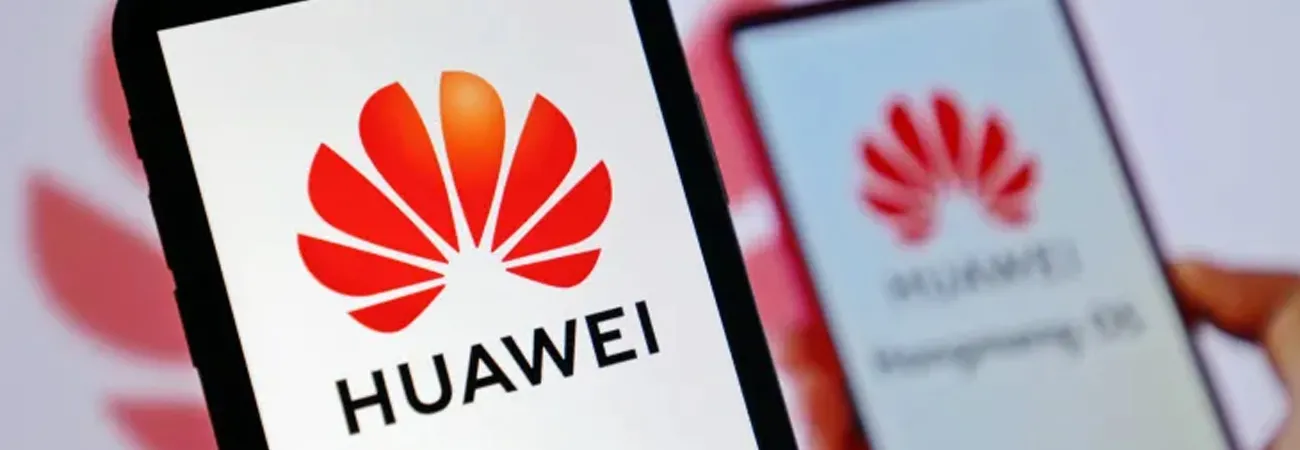i ECONOMY
Huawei has played a significant role in expanding and modernizing Pakistan’s communication infrastructure and supporting the country’s digitalization efforts by providing innovative solutions to businesses and consumers, with a focus on cloud computing, artificial intelligence, and 5G, Atta-ur-Rahman, Senior IT Service Engineer at Huawei, said while talking to WealthPK. “China has made remarkable strides in the development of technologies, and is now the largest source of foreign direct investment in Pakistan. The ICT industry in Pakistan has transformed from a legacy to a truly digitalized industry, particularly in the field of telecommunications and information technology,” he said.
In an economic environment where the economy is in a downward spiral, conducting direct business on a small or large scale would be risky, he said. “The company’s presence in Pakistan has created jobs across various sectors, including telecommunications, information technology, sales and marketing, customer support, and research and development. These jobs not only contribute to the local economy but also offer career prospects for individuals in Pakistan,” Atta said.
“Huawei has formed a strategic alliance with top Pakistani telecom companies, including Pakistan Telecommunication Company Limited (PTCL), Zong, Jazz, and Telenor, in order to provide customer-centric services. Jazz and Huawei have commercially deployed 5G-based communications technology in Pakistan for the first time,” he informed WealthPK. “To discuss Huawei’s fintech transformation, Pakistani microfinance institution U Microfinance Bank Limited has collaborated with Huawei to scale and modernize the UPaisa e-wallet system.
“These projects will accelerate digital and financial inclusion in Pakistan and strengthen the bank’s pursuit of innovation and future readiness,” Atta said. He continued, “By 2030, we anticipate that 80% of digital infrastructure will employ renewable energy sources and that energy efficiency will grow 100-fold. We intend to offer a compelling image of a future in which there is low-carbon living, renewable energy, fully-electrified transit, net-zero carbon buildings, as well as a green industrial sector.”
He highlighted that the company had played a vital role in the development of Quaid-e-Azam Solar Park – a massive solar project located in Bahawalpur, Punjab. “By leveraging Huawei’s advanced solar solutions, including inverters, monitoring systems, and smart technologies, the park has significantly expanded Pakistan’s solar energy capacity. The generated electricity has helped power countless homes and businesses, reducing dependence on conventional fossil fuels and contributing to a cleaner environment,” he added.
The Huawei Green Development 2030 report states that the industrial sector will go green by 2030, and every 10,000 workers will work with 390 robots. The future buildings will work at net zero carbon. So, deep decarbonization is required in sectors like power, industry, transport, and buildings.
Credit: Independent News Pakistan (INP)









